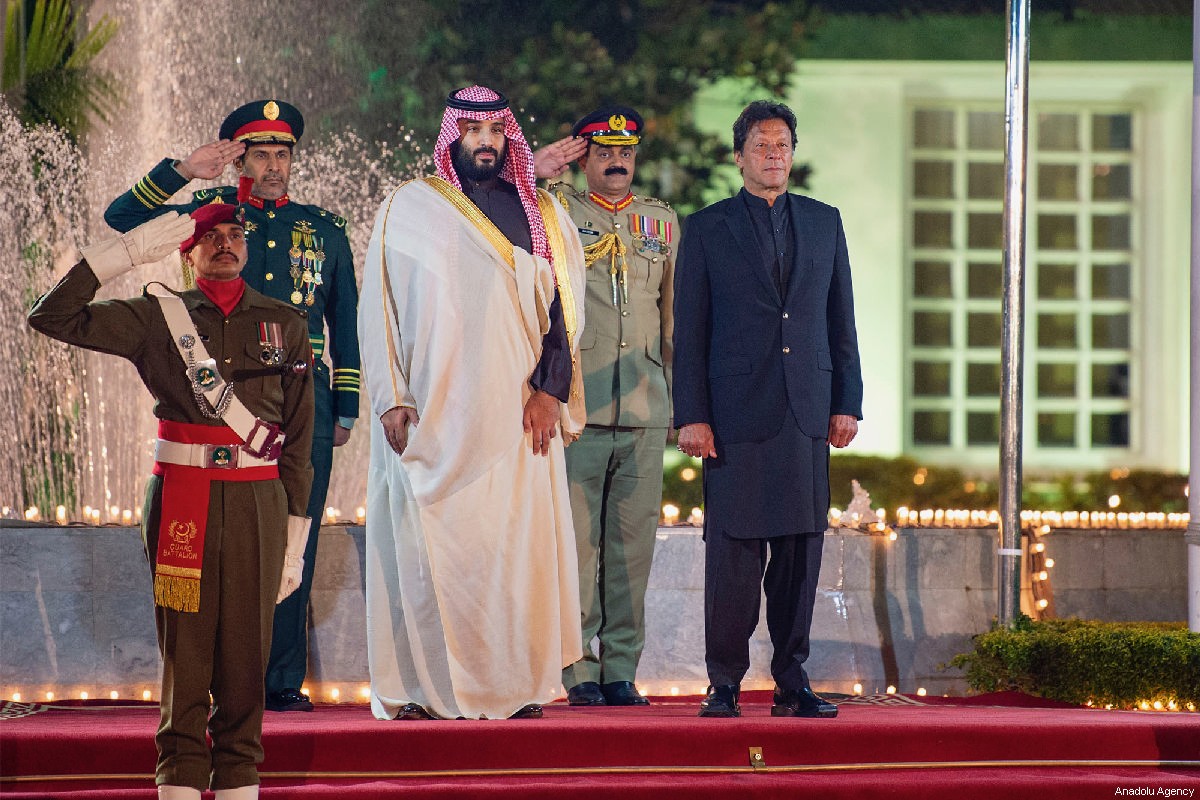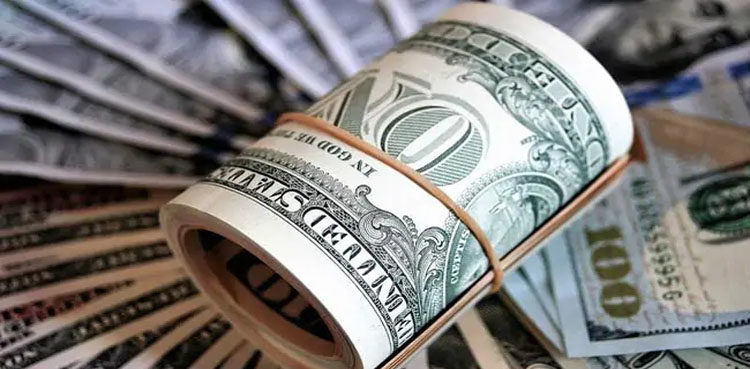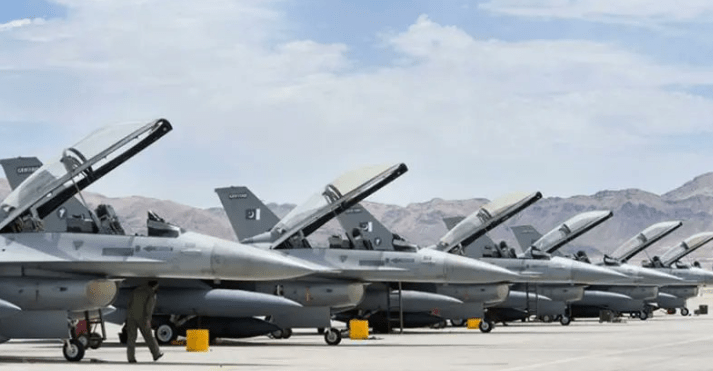Cash strapped Pakistan’s hobnobbing with Saudi Arabia’s rivals to dislodge it from the leadership of the Muslim world is self-damaging foolhardiness. Its ever-ready benefactor is also expressing its displeasure by demanding the return of its USD 3 billion loan given during 2018-19 when Pakistan was at the verge of bankruptcy. Pakistan has borrowed USD 1 billion from China and given it to Saudi Arabia as part payment of the USD 3 billion loan. However, the Kingdom is demanding the remaining USD 2 billion at the earliest with interest.
Pakistan is in a fix. At a loss to run the country’s foreign policy, the Imran Khan government has gravitated towards the anti-Saudi Arabia bloc comprising Turkey, Malaysia, Qatar and some others with the tacit backing of Iran. Pakistan’s Foreign Minister Shah Mahmud Qureshi even spoke about an alternative to Saudi Arabia based Organisation of Islamic Conference (OIC) which, according to him, was reluctant to discuss Kashmir.
Pakistan appears to be siding with Turkey which was keen to wrench the leadership of the Muslim world from Saudi Arabia. However, Islamabad seems to have forgotten the Saudi interest on deferred payment facility and investment agreements with the Kingdom signed in 2019. Saudi Arabia had provided USD 3 billion for one year at 3% interest in three tranches (19 November 2018; 13 December 2018 and 24 January 2019) which was deposited in the State Bank of Pakistan (SBP). It had also acceded to Pakistan’s request for rollover of this loan for one more year to help it meet IMF conditionalities for availing USD 6 billion assistance under the Extended Fund Facility to tide over the severe Balance of Payments difficulties.
The Saudi demand for repayment has added to Pakistan’s debt service obligations in the immediate term and sparked some concerns. Islamabad is weighing the pros and cons of the available options including delaying repayment, impressing upon Saudi Arabia to help the country under G-20 debt relief to weather the post-Covid economic shocks, returning the amount in installments and tapping other partners like China or Qatar for a similar deposit in the State bank of Pakistan to help return the balance amount of USD 2 billion.
In another indication of the deteriorating Saudi-Pak bilateral ties, Trade Development Authority of Pakistan (TDAP) was eager to defer the proposed single country Exhibition in Saudi Arabia for an indefinite period in view of the latter not confirming facilitation of the event. TDAP was facing obstacles in organizing the exhibition due to lack of assistance from Saudi authorities to remove the bottlenecks including exorbitant business visa fee, lack of clarity on provision of space on a complimentary basis as well as permission for on spot sale.
Incidentally, Pakistan is also indebted to United Arab Emirates (UAE), which loaned USD 2 billion to it to bail out of severe financial crisis in 2018. But UAE too was unhappy with Pakistan. It cannot forget how Pakistan ditched Saudi Arabia in 2015 by first promising to send to forces to Yemen to fight the Houthi rebels and then backing out citing its Parliament resolution against it. UAE Minister of State for Foreign Affairs Dr Anwar Qartash tweeted that Pakistan’s contradictory and vague attitudes would cost it dearly. He said Pakistan must make its stand on strategic relations clear. He tweeted, “Twelve Lakh Pakistani workers sent home, 3 billion sent home every year. These workers account for 20 per cent of UAE’s population. Of them more than 5000 were currently imprisoned for various crimes”. Pakistan termed the statement as unacceptable.
UAE was also reluctant to give visas to Pakistanis after it was learnt that Pakistan patronized Haqqani Network terrorists had killed five UAE diplomats in Kandhar, Afghanistan in 2017.
Pakistan cannot repay the Saudi loan and would seek to reset relations with Riyadh to help resolve the loan issue. This may entail Prime Minister Imran Khan’s visit to Saudi Arabia to meet the Crown Prince Mohammad Bin Salman as well as re-negotiating with Riyadh in a balanced manner, not conveying its weakness nor being confrontational as that could exacerbate Pakistan’s financial vulnerability. Islamabad was likely to try to buy time and seek repayment in installments. It may further consider borrowing from China or Qatar to repay Saudi and subtly indicate such a possibility to Riyadh to dispel the notion of dependence.
Pakistan was well aware that Riyadh’s forex reserves were USD 474 billion in March 2020 and that the Saudi demand was not purely due to financial constraints or losses in the wake of low oil prices and Covid-19 pandemic. On its part, Saudi Arabia has delayed responding to Pakistan’s requests for a visit of a high-level delegation to Islamabad, subtly indicating its annoyance.









